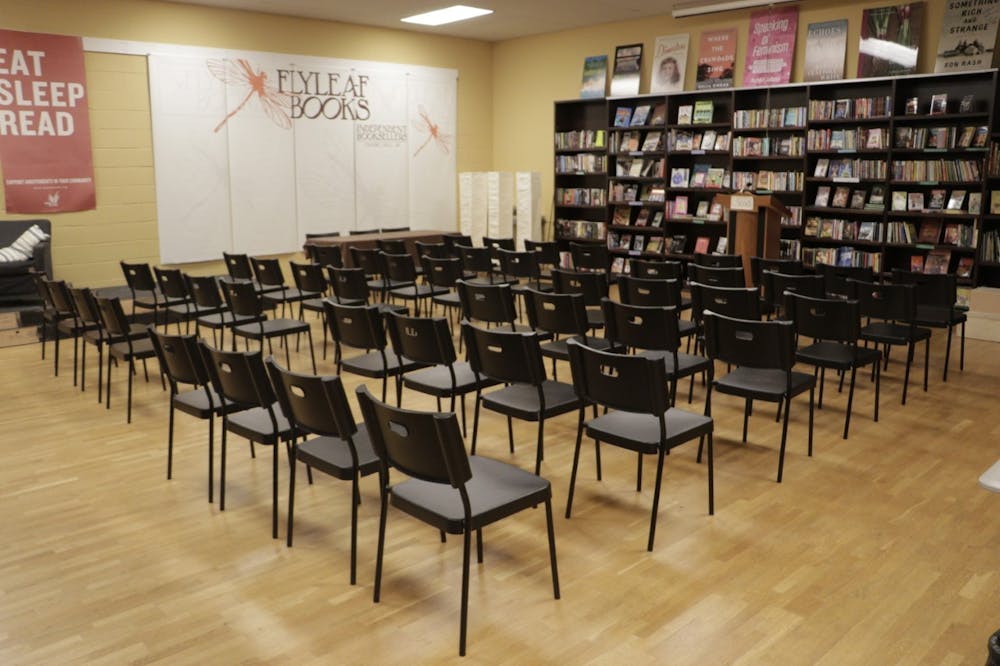A virtual event on Thursday, organized by Flyleaf Books, allowed viewers to discuss the prevalent systemic issues of racial injustice and economic inequality in the United States — from the Civil War to today.
During the event, William Darity Jr. and Kirsten Mullen, the authors of "From Here to Equality: Reparations for Black Americans in the Twenty-First Century" discussed their book and research surrounding the history of racial injustice in the United States.
In the book, Darity, a professor of economics and African American studies at Duke University, and Mullen, a folklorist and museum consultant, take a comprehensive look at the Civil War and Reconstruction eras, Jim Crow in the 20th century and modern-day discrimination.
They analyze attempts made at reparations throughout U.S. history, saying these have not done enough to help the Black community long-term.
One of the goals of Thursday's discussion was to discuss misconceptions that the general population has about the time period of the Civil War and Reconstruction.
A press release sent out by Flyleaf Books said the Reconstruction period led to the lack of racial equality that still exists in the United States today.
"But neither Reconstruction nor the New Deal nor the civil rights struggle led to an economically just and fair nation," the press release stated.
Based on feedback from readers of "From Here to Equality," Mullen said she believes that a flawed American education system is largely responsible for most misconceptions of the Reconstruction era.
“Certainly they did not understand it was a time when Black and white men co-governed,” Mullen said.



